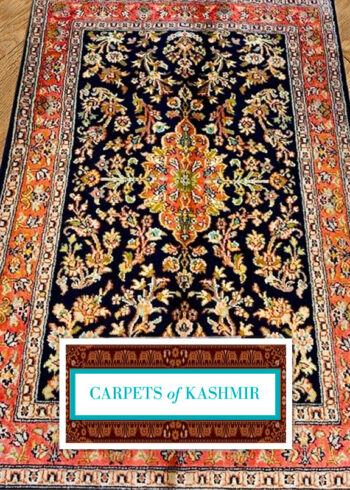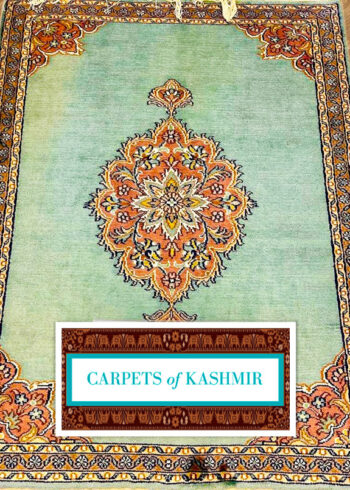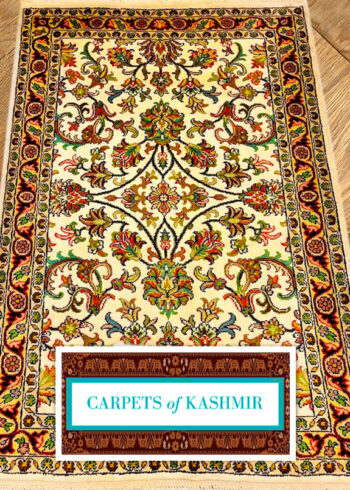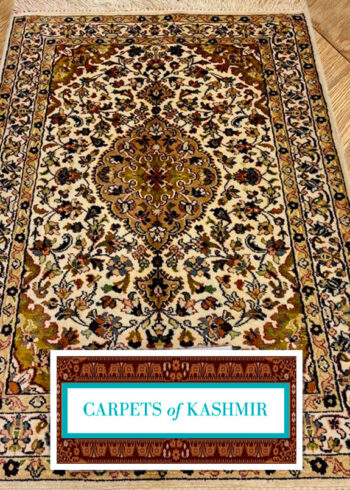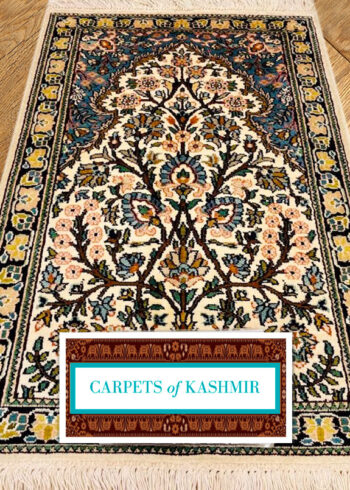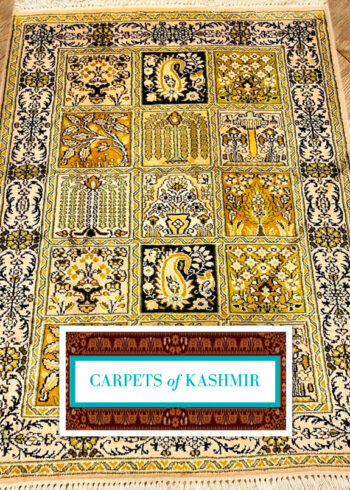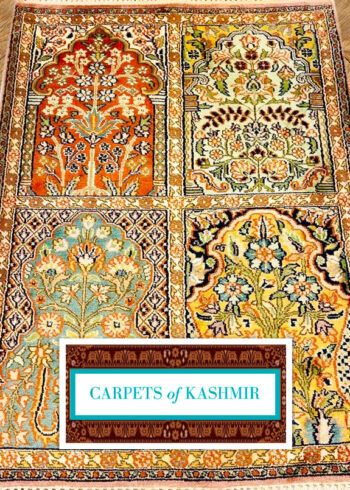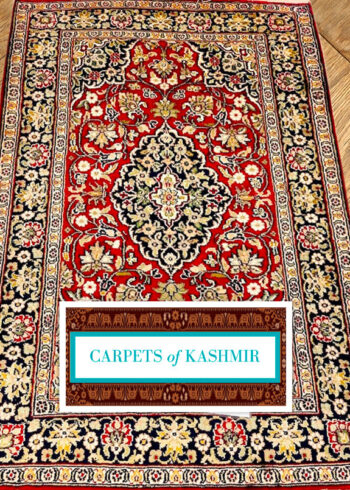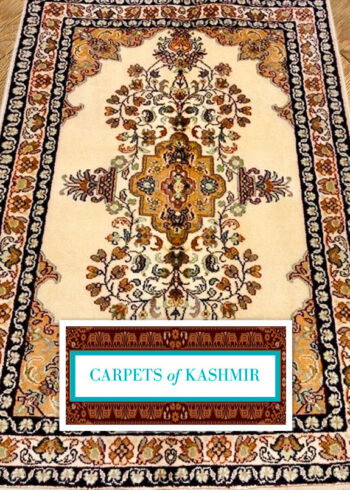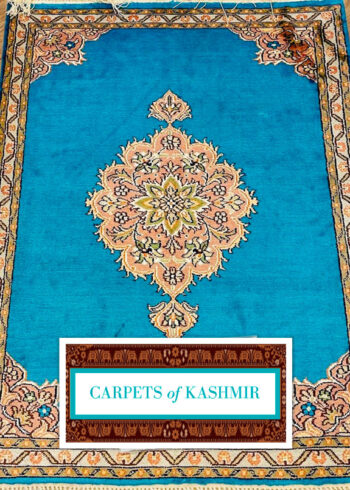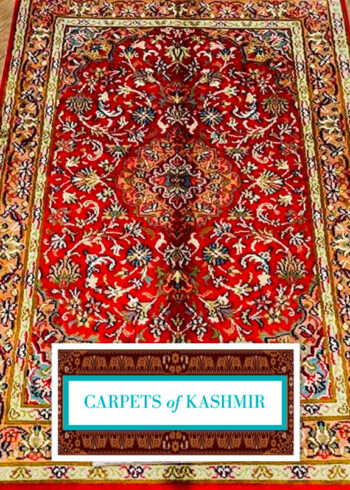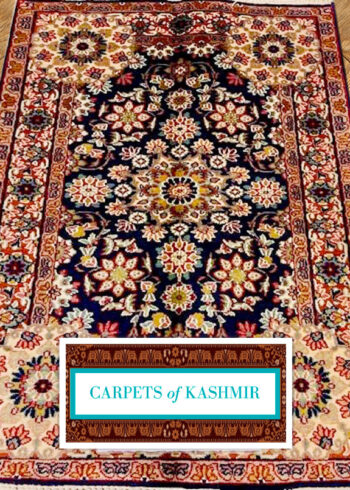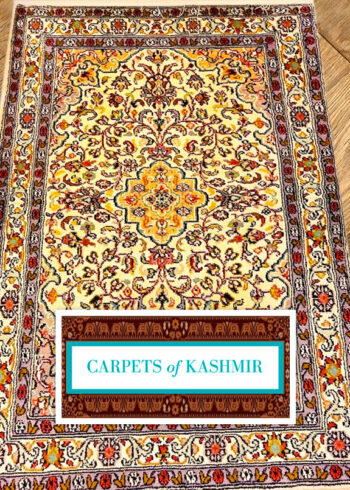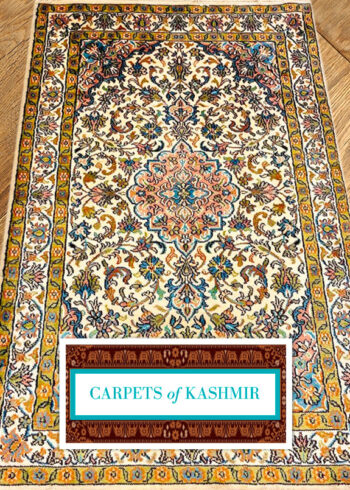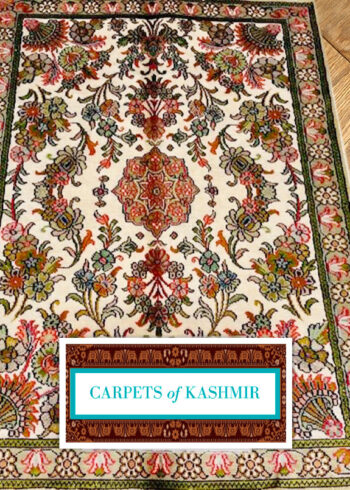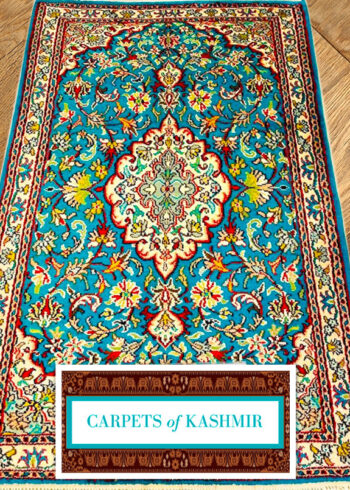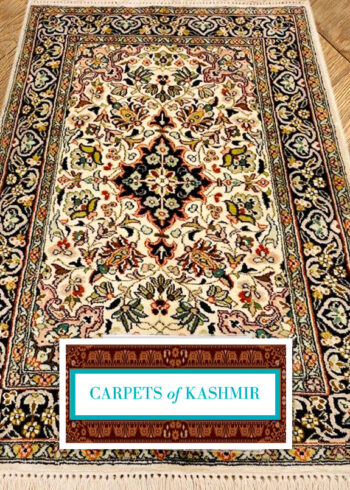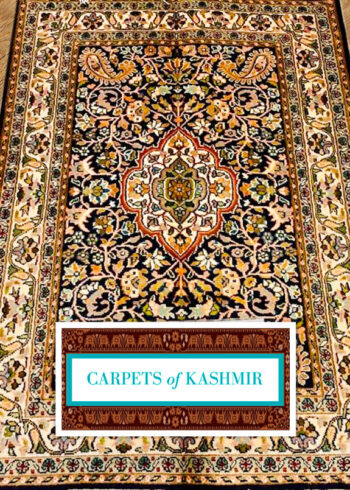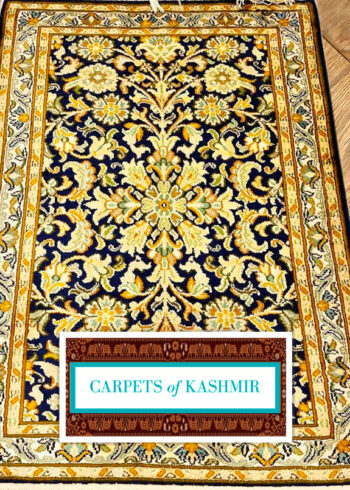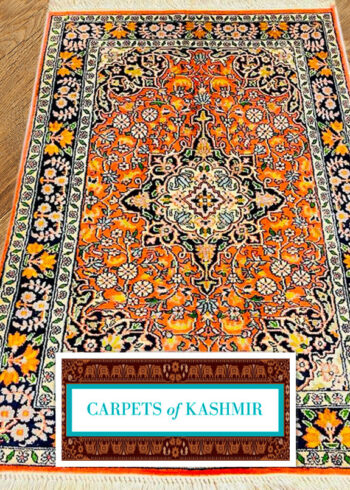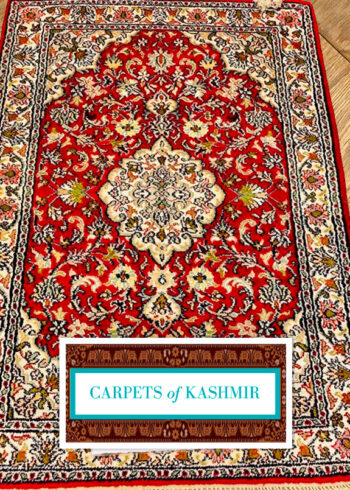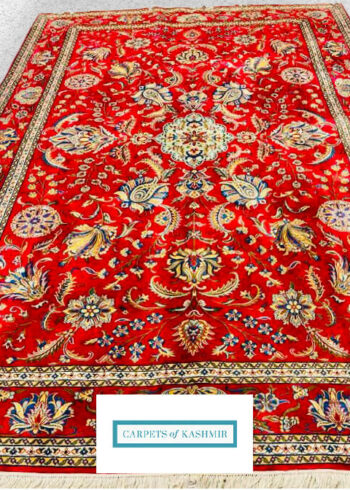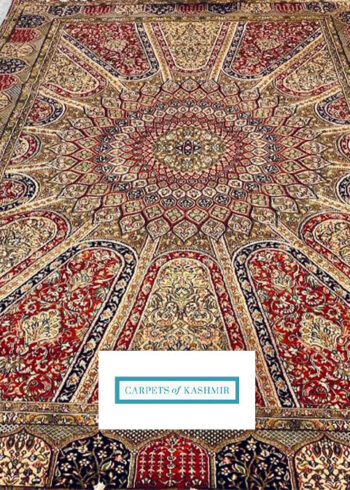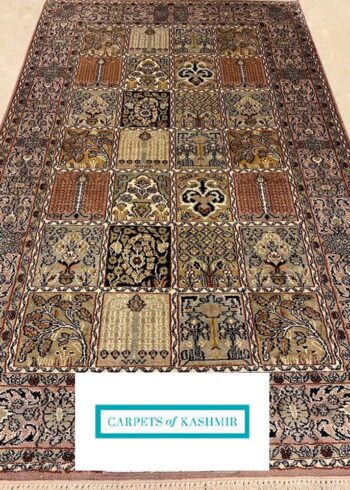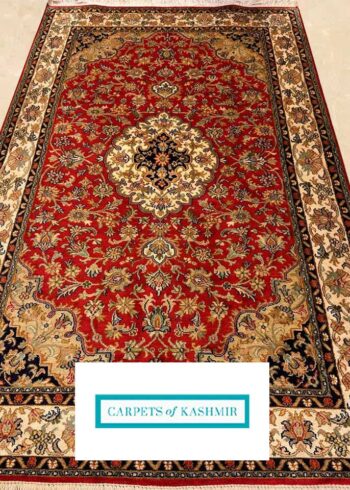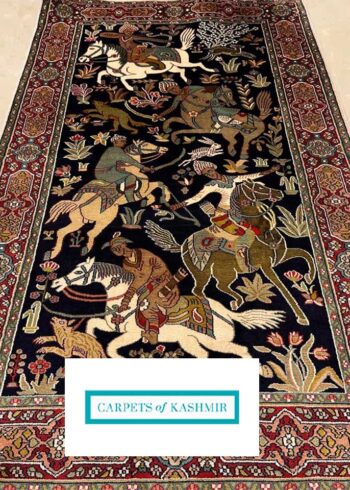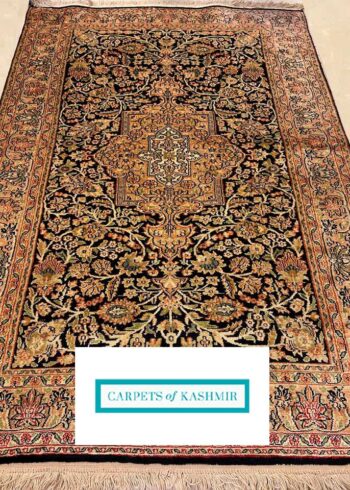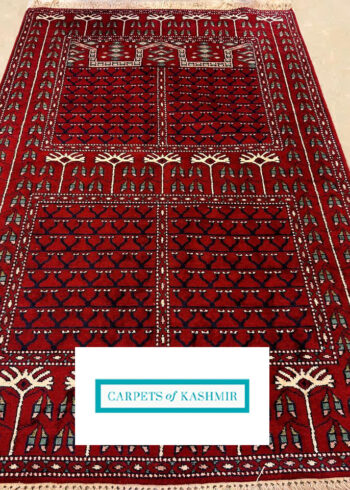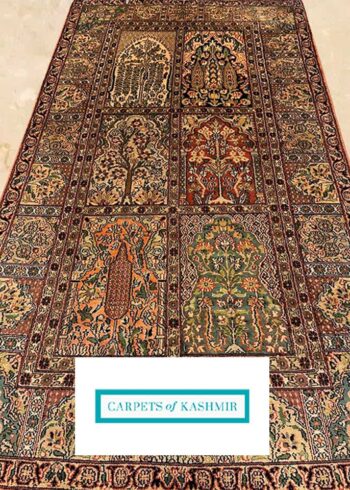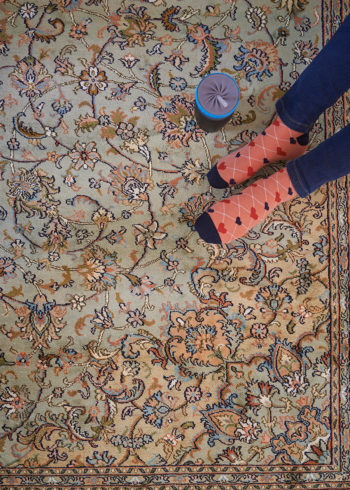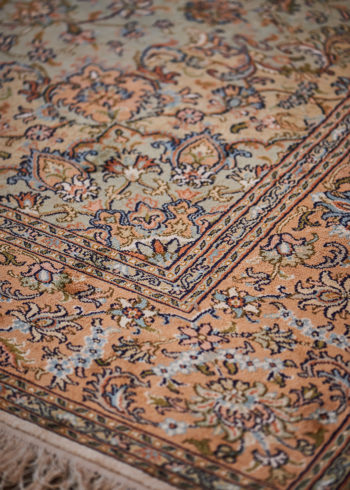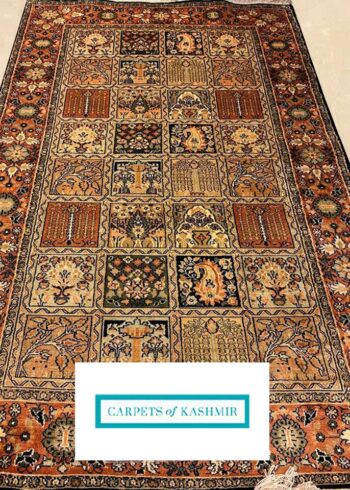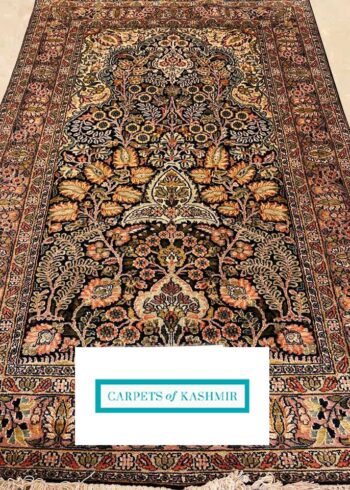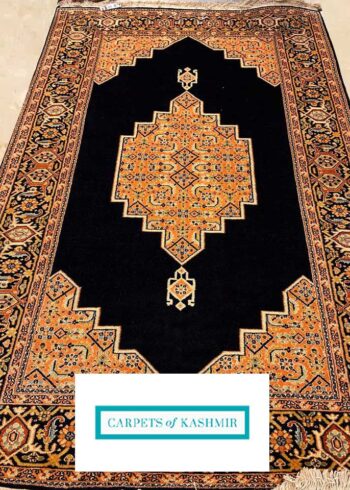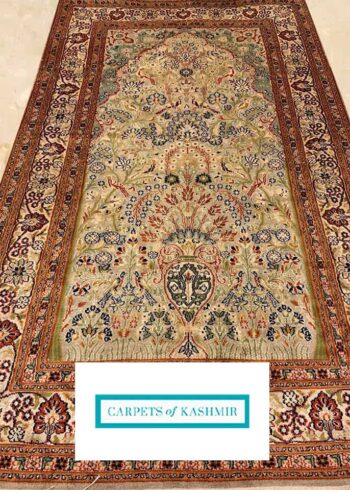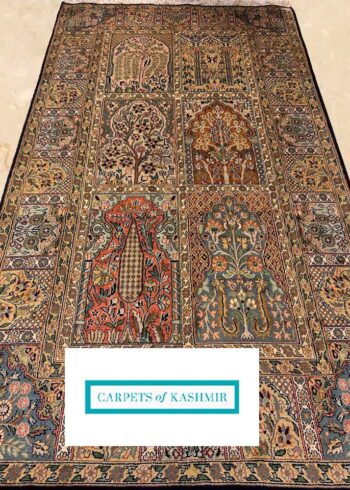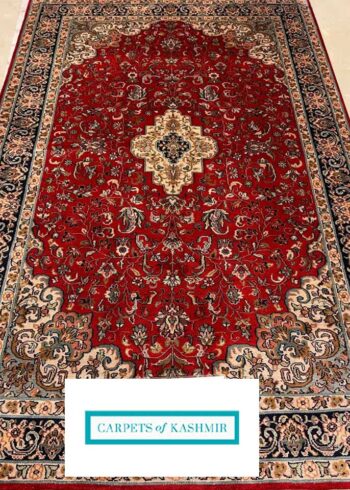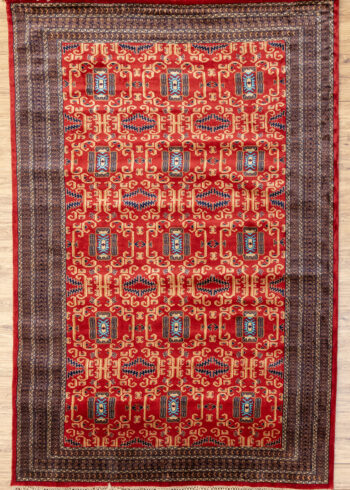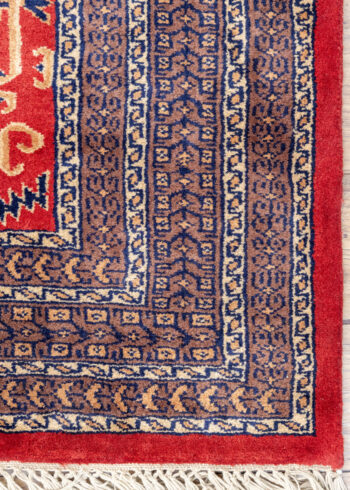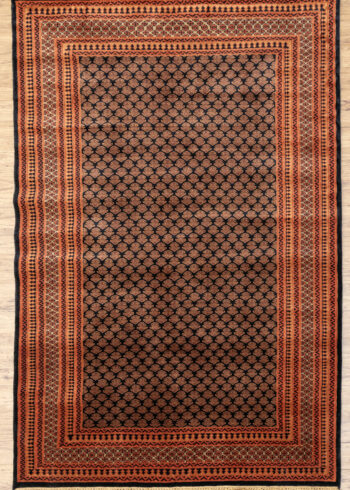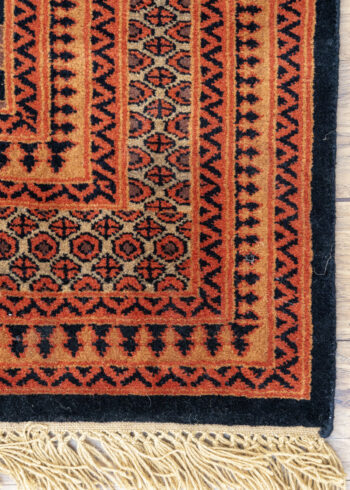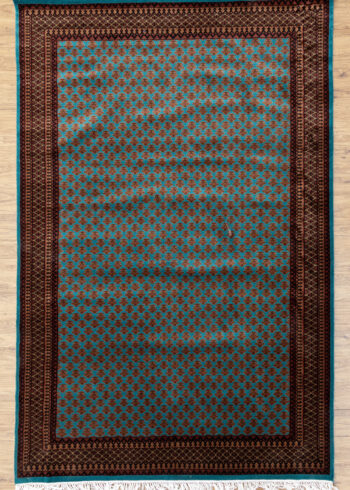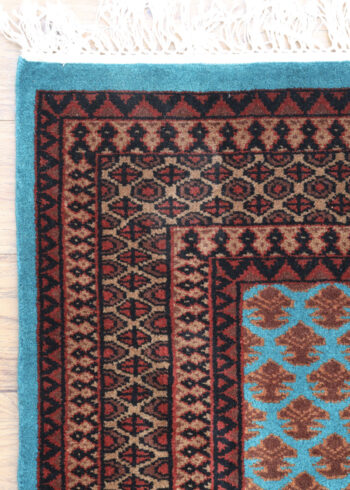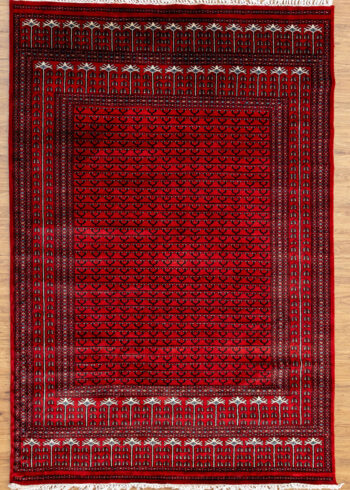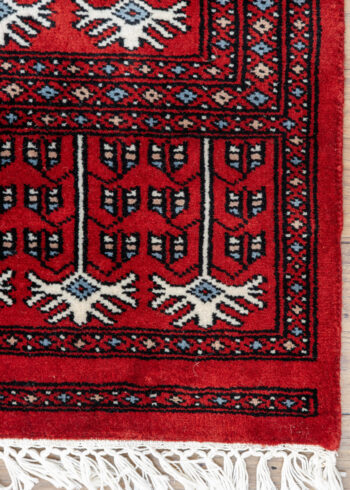Oriental rugs are a popular and enduring home decor choice, and they can also be a significant financial investment.
Whether you’re looking to buy or sell a rug, it’s important to have a good understanding of its value. In this article, we’ll take a look at the process of oriental rug appraisal and how to determine the value of your rug.
The difference between hand-knotted and machine-made carpets can impact their durability, with hand-knotted versions typically lasting longer due to their craftsmanship.
We at Carpets of Kashmir have been crafting some of the finest oriental rugs for 30+ years and have a well stocked showroom with 2,000+ ready in-stock carpets at World Trade Center; Mumbai.
Adding Value to Bespoke Homes: Silk Rugs »
Pure Silk
Pure Silk
Pure Silk
Pure Silk
Pure Silk
Pure Silk
Pure Silk
Pure Silk
Pure Silk
Pure Silk
Pure Silk
Pure Silk
Pure Silk
Pure Silk
Pure Silk
Pure Silk
Pure Silk
Pure Silk
Pure Silk
Pure Silk
Pure Silk
Pure Silk
Pure Silk
Pure Silk
Pure Silk
Pure Silk
Pure Silk
Pure Silk
Pure Silk
Pure Silk
Pure Silk
Pure Silk
Pure Silk
Pure Silk
Pure Silk
Pure Silk
What is Oriental Rug Appraisal?
Oriental rug appraisal is the process of determining the value of a rug based on its age, quality, condition, and other factors. Appraisals are typically conducted by professional rug appraisers who have specialized knowledge and expertise in this field. There are several reasons why you might want to get an appraisal for your rug:
- To determine the value of your rug for insurance purposes. If you have a valuable rug, it’s important to make sure it’s properly insured in case of damage or loss. An appraisal can help you determine the value of your rug so you can properly insure it.
- To sell your rug. If you’re looking to sell your rug, an appraisal can help you determine its value and set a fair price.
- To buy a rug. If you’re considering buying a rug, an appraisal can help you determine its value and make sure you’re paying a fair price.
- To settle an estate. If you’re settling an estate, an appraisal can help you determine the value of a rug and divide the assets fairly.
Genuine 100% Pure Merino Wool Carpets »
Pure Wool
Pure Wool
Pure Wool
Pure Wool
Pure Wool
Pure Wool
Pure Wool
Pure Wool
Pure Wool
Pure Wool
Pure Wool
Pure Wool
Pure Wool
Pure Wool
Pure Wool
Pure Wool
Pure Wool
Pure Wool
Pure Wool
Pure Wool
Pure Wool
Pure Wool
Pure Wool
Pure Wool
Pure Wool
Pure Wool
Pure Wool
Pure Wool
Pure Wool
Pure Wool
Pure Wool
Pure Wool
Pure Wool
Pure Wool
Pure Wool
Pure Wool
How is a Rug Appraised?
There are several factors that go into determining the value of a rug, and an appraiser will consider all of these when conducting an appraisal. Some of the key factors include:
- Age: The age of a rug is an important factor in its value. Older rugs are often more valuable than newer ones, particularly if they are in good condition.
- Material: The material used in a rug is also an important factor in its value. Rugs made from high-quality materials such as wool or silk are typically more valuable than those made from synthetic materials.
- Knot count: The number and density of the knots in a rug is an important factor in its value. Rugs with a higher knot count are typically more valuable than those with a lower knot count.
- Condition: The condition of a rug is also an important factor in its value. Rugs that are in good condition are typically more valuable than those that are heavily worn or damaged.
- Design: The design of a rug is also a factor in its value. Rugs with intricate and well-executed designs are typically more valuable than those with simple or poorly executed designs.
- Rarity: Rugs that are rare or hard to find are often more valuable than those that are more common.
How to Find a Rug Appraiser
If you’re looking to get an appraisal for your rug, it’s important to find a reputable and experienced appraiser. Here are a few tips for finding a good rug appraiser:
- Look for someone with specialized knowledge and experience in oriental rugs. Not all appraisers are experts in oriental rugs, so it’s important to find someone who has specific knowledge and experience in this area.
- Check their credentials. Look for an appraiser who has professional credentials, such as membership in a professional organization such as the International Society of Appraisers or the American Society of Appraisers.
- Get recommendations.



